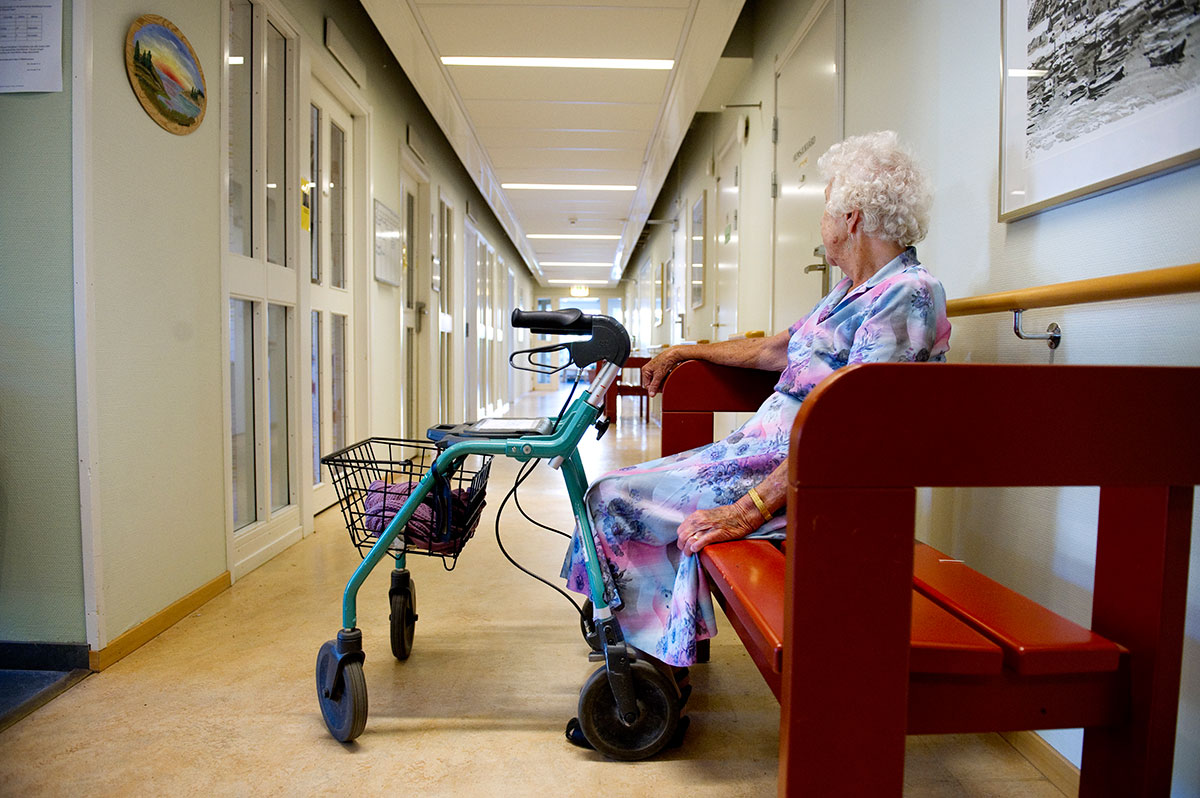17 studies from Europe, USA, Israel, and Taiwan were investigated and researchers found that staff in for-profit nursing homes tended to feel more stress than staff in non-profit nursing homes.
“We also noted that in non-profit nursing homes, staff trusted the organisation more and wanted to remain both within the profession and at that specific workplace to a higher degree,” says Tomas Lindmark.
Previous studies, especially from USA, have shown that for-profit nursing homes have lower staff density.
“As around 80 percent of the cost at nursing home are staff costs, staff costs need to be reduced to increase profits. With fewer members of staff, there is a risk that work requirement increase, that time constraints will increase too, and that the number of work tasks for everyone will increase as well. “
Procurement in three different municipalities with totally different outcomes
The researchers in Gävle studied procurement regarding nursing homes in three Swedish municipalities and found significant differences. Larger municipalities focused on quality, whereas for the smaller municipalities the price was prioritised.
“The fact that there is a difference is problematic in itself, if we consider the objective of care equality in nursing homes. When the price is the thing that matters most, there is a risk that nursing homes will cut down the number of employees or on staffing conditions. Some claim that regardless of performance, there will always be a new procurement where the winner tends to be the organisation offering the lowest price.”
However, Tomas Lindmark points out, there is a risk for inequality when municipalities prioritise quality as well. A municipality with more resources can have higher quality demands as it gives private entrepreneurs better financial conditions to offer higher quality, while such demands can be very low in another municipality.
“If our goal is to provide equal care regardless of where you live, you should be nursed by the same number of members of staff and receive person-centered care. Some researchers claim that municipal variation is now so great that every municipality could be seen as a welfare state in itself, that things have gone that far.”
Extreme staffing needs in the near future
Care for older people will need extreme numbers of new employees in the next five to ten years, when those born in the 1940s will need nursing homes.
Right now, Tomas Lindmark studies how managers and staff at Swedish nursing homes would like to improve working conditions and the work environment to attract more people to the profession.
“We would like to attract more young people, more people, which means that we need to highlight the importance of nursing older people. There are many people who enjoy working in nursing homes and are doing a great job. I would really like to shout that message in a megaphone,” Tomas Lindmark says.
Text: Douglas Öhrbom






